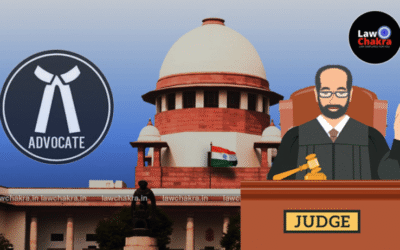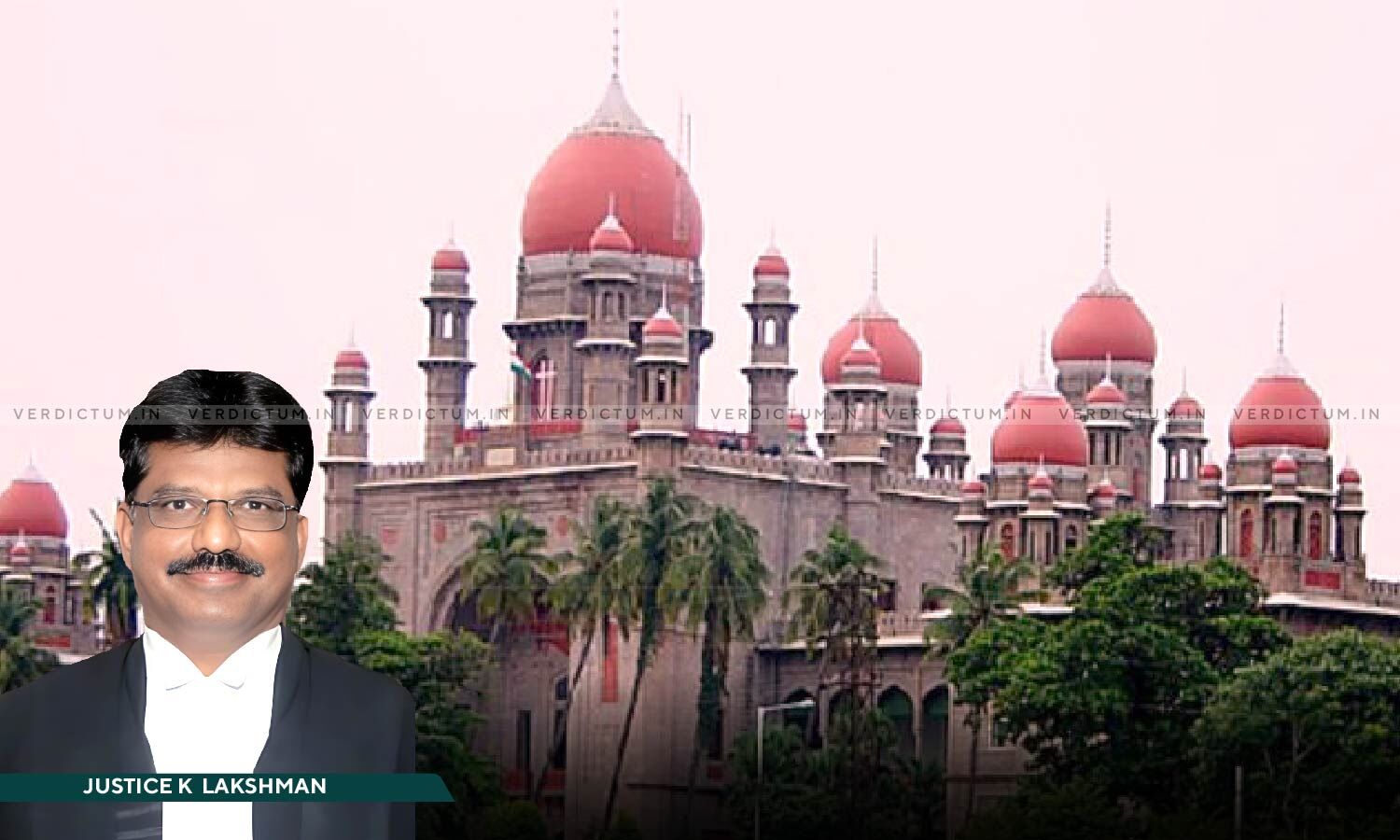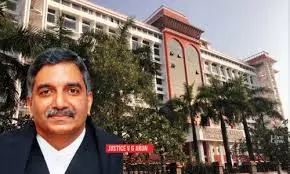Fantasy Sports In India Lie In A Legal Grey Area

Thank you for reading this post, don’t forget to subscribe!
The Allahabad High Court has ordered the formation of a committee to examine regulations for online gaming and betting. It observed, “Fantasy sports in India lie in a legal grey area” between skill and chance.
The Allahabad High Court instructed the Uttar Pradesh government to establish a High-Powered Committee to assess the necessity of a law for regulating and monitoring online gaming and betting.
Justice Vinod Diwakar stated that the committee will be chaired by Professor KV Raju, the Economic Advisor to the Uttar Pradesh government. It will also include the Principal Secretary of State Tax as the Member Secretary, along with other experts.
The Court emphasized the need for legislation to address the significant changes in online betting and gaming, taking suo motu cognizance of the matter.
It ordered,
“Their Committee collective input should be used to develop a comprehensive and well-structured legislative framework for regulating and monitoring online gaming and public betting,”
The Court issued the order while addressing a petition filed by two individuals accused under the Public Gambling Act, seeking to have the charges and trial proceedings against them dismissed.
According to the police, the accused were operating an online betting racket from their home, earning substantial amounts and leading locals in Agra to gamble away their earnings.
In reviewing the case, the Court observed that the Public Gambling Act of 1867 is an outdated colonial law designed to regulate traditional forms of gambling, such as card games and dice betting.
It stated,
“The Public Gambling Act is a pre-digital law. It makes no mention of digital platforms, servers, or cross-border transactions. Its enforcement is limited to physical gambling houses and has no jurisdiction over virtual gambling environments accessed via mobile phones, computers, or offshore servers,”
The Court further noted that, in the context of online gambling, the current law has become ineffective and irrelevant, lacking any definition or regulation of online gambling.
It emphasized that the law currently imposes only minimal penalties, which fail to deter large-scale operations.
The Court added,
“There is a lack of clarity on the legal status of fantasy sports, poker, and e-sports. Jurisdictional issues also arise, as online platforms operate across state, national, and international boundaries,”
The Court pointed out that fantasy sports in India exist in a legal grey area, balancing between games of skill (which are allowed) and games of chance (which are prohibited).
It referred to the emergence of fantasy sports platforms like Dream11, MPL, and My11Circle, noting their impact on the Indian digital gaming landscape.
Also Read: Madras High Court Backs Tamil Nadu’s Ban on Late-Night Online Rummy, Poker
In response to the sector’s rapid expansion and associated legal uncertainties, NITI Aayog had published a policy paper in December 2020 titled “Guiding Principles for the Uniform National-Level Regulation of Online Fantasy Sports Platforms in India.” However, the Court observed that these guidelines are not legally binding within the State.
It noted,
“Fantasy sports in India lie in a legal grey area, straddling the line between games of skill (permitted) and games of chance (prohibited under the Public Gambling Act, 1867). Multiple High Court rulings — notably in Punjab and Haryana, Rajasthan, and Bombay have recognized fantasy sports as a game of skill, thereby legitimizing platforms under Article 19(1)(g) of the Constitution of India – right to practice any profession,”
The Court also highlighted that online gaming platforms utilize psychologically manipulative algorithms, reward mechanisms, and notifications to promote extended use. This has resulted in increased instances of gaming addiction, anxiety, depression, and social isolation, particularly among adolescents and young adults.
It remarked,
“Students are increasingly distracted by online gaming, often at the cost of their academic performance and family relationships. The disruption of sleep cycles, lack of discipline, and social withdrawal are common consequences,”
Furthermore, the Court pointed out that many online betting operations operate outside India’s jurisdiction, with servers located overseas and transactions processed through unregulated channels.
This complicates law enforcement efforts and heightens the risks of money laundering, financial fraud, and terrorism financing. Consequently, the Court emphasized the urgent need for modern, technology-aware legislation to address the psychological, social, and national security implications of online gaming.
It added,
“Till a robust legislative framework is enacted, recognizing the digital nature of gaming and imposing clear regulatory safeguards, the fines and imprisonment terms may be revised in line with inflation and the scale of operations in Uttar Pradesh by bringing necessary amendments in the existing law, thereby making the offence non-cognizable,”
Also Read: SC to Hear Pleas Against 28% GST on Online Gaming Companies in July
Regarding the specifics of the case against the accused, the Court noted that, since it involved a non-cognizable offence, the police could not have conducted an investigation without a magistrate’s order.
As a result, it quashed the proceedings against the accused, although it allowed the police to initiate a new investigation in compliance with the law.
Advocate Rajiv Lochan Shukla represented the accused, while Advocate HP Singh represented the State.
Case Title: Imran Khan and another v State of UP and another
Read Attachment






